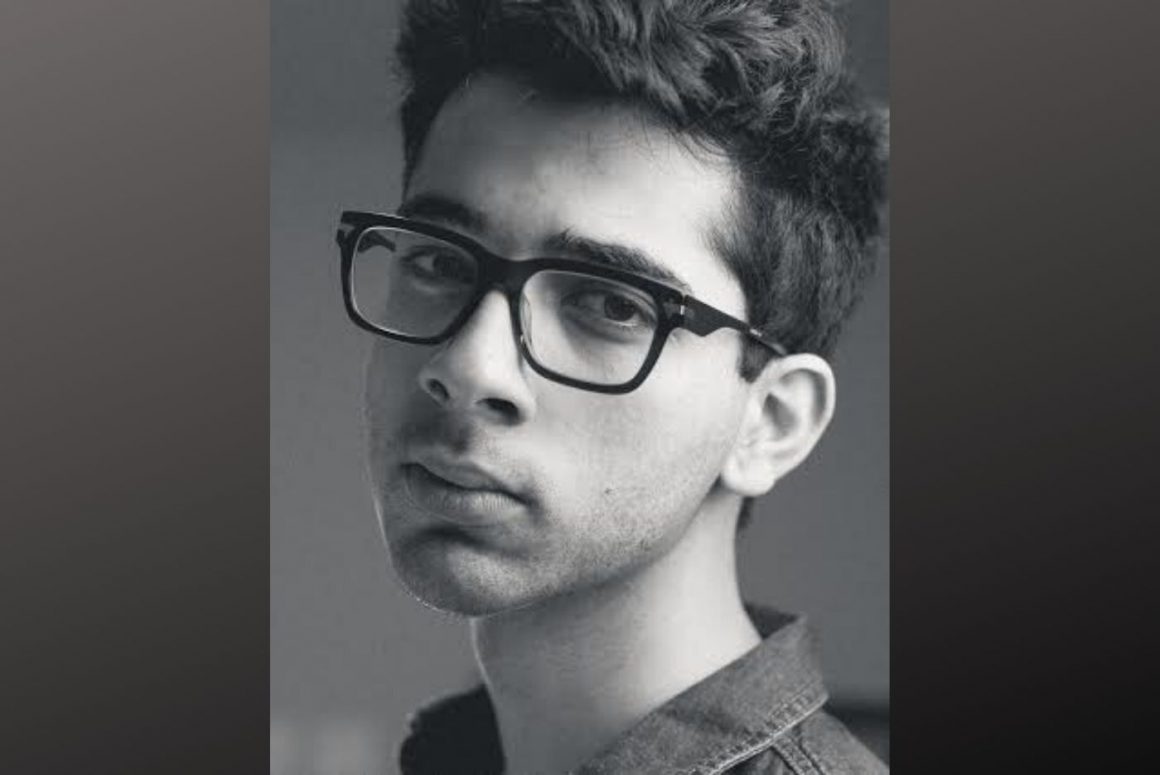
Spill the Chai: On South Asian diaspora in film
By Aymen Sherwani, January 20 2020—
Growing up, I don’t think I could point out a single Hollywood movie where a brown face wasn’t a frugal convenience store owner who parroted a “Thank you, come again,” or a nameless al-Qaeda member who had about 30 seconds of screen time before Bradley Cooper heroically put a bullet through his brain. In the last decade or so, Hollywood’s diversity problem has significantly improved — South Asian audiences are less likely to see stereotypes of geeky background characters and taxi drivers as the only time they are represented. While Hollywood’s diversity casting problem has significantly improved, the issue now is whether our lives are actually represented appropriately. Now, however, I think the real issue here is recognizing that South Asian actors in Hollywood don’t just exist beyond ‘diversity films’ where the central focus of the movie is their racial identity, but that we are holistic and talented human beings.
In an interview with the Gauntlet, as Pakistani-Canadian director and film-maker Amir Javaid puts it, “I just want to make them (South Asians) feel like real people. I like to think that I am not making a film about South Asians, but human beings.” I long for the day where I can watch a movie about a girl wearing a hijab and for it to not be about how she falls in love with a white guy who liberates her from the “shackles of Islam” and is free at the end when she finally takes it off. I can’t wait for the day when the Best Actor at the Academy Awards is South Asian and the colour of his skin isn’t even a topic of discussion as to why he won.
When asked about whether he thought the way Hollywood has been portraying South Asians as docile corner store owners or terrorists with heavy accents was problematic, Javaid said, “There have definitely been issues but I feel kind of lucky that I became a filmmaker right at the forefront of change. There are so many diverse stars doing great work. You’ve got Riz Ahmed doing blockbuster films like Star Wars and Venom. Rami Malek is in the new James Bond film too. It’s inspiring seeing all these people of colour succeeding.”
Javaid’s new film, Hafiz, follows the story of a Pakistani medical school graduate, who immigrated to Canada and, on top of the six years of schooling he just finished back home, is now required to take qualification exams in order to find work. In a story which the South Asian community knows too well first-hand, the film explores how “the isolation, homesickness, and stress” of fulfilling the immigrant dream impact his mental health.
“I think it’s a relatable film for students and especially international students who have to spend so much time away from home,” adds Javaid.
On a film with virtually no allocated budget, Hafiz was nominated for the 2019 Stinger Awards at the Calgary Society of Independent Filmmakers for Best Film and Best Performance for the star of the film, Omar Javaid. Amair Javaid expresses that “shooting Hafiz was such an amazing experience, just want to thank my co-producers Taha Akram, Omar Javaid, and Maryam Ejaz for making this film possible on no-budget. We were competing with films that ranged from $50-75k, and I honestly thought our small production would go under the radar.”
It’s films like Hafiz, as small as they may currently be, which begin to change the narrative for South Asians. Directing and writing films from the perspective of a South Asian normalizes our experiences and removes us from the casting list of background terrorists or heavily accented comedic relief characters. As Javaid puts it, “When I write a story I don’t seek to really express anything and I try to avoid direct personal experiences, but after I read a draft I find so many reflections of experiences of myself and my community that’s it’s kind of scary. It’s just automatic, and it can prompt some interesting revelations sometimes. By exploring my roots and my community and then dramatizing it, I find a way to understand myself better.”
Amair Javaid is currently working on another short film titled Charsi, which “explores the effect of the Albertan recession on a Pakistani family trying to get by, and the pressure some kids have to provide for the family after graduating”, a problem many Calgarians, not just South Asians, can relate to. The Pakistani Students’ Society will also be hosting a viewing of Hafiz for Pakistani Awareness Week in January, so make sure to follow @amairjd and @pss_ucalgary for more updates!
